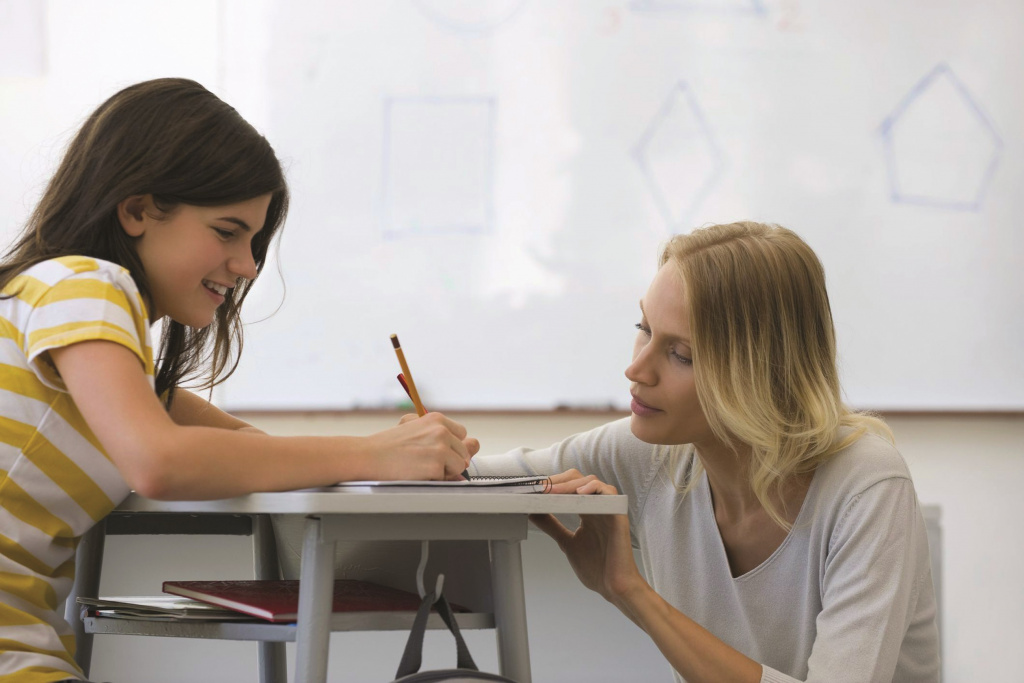
The Raising the Achievement of all Learners project is a three-year project run by the European Agency for Special Needs and Inclusive Education. The project, which builds on earlier work on ‘Raising Achievement for all Learners-Quality in Inclusive Education’ aims to explore what pedagogical strategies and teaching approaches are effective in raising the achievement of all learners. It also considers how school leaders can best support the development, implementation and monitoring of inputs and processes for raising achievement. A third focus area for the project is that of collaboration. The project involves a range of stakeholders including school leaders, researchers, teachers, parents and learners as well as local and national policy makers.
Three learning communities (LCs) from Italy, Poland and UK (Scotland) have been involved in the project and include learners from the compulsory school and upper secondary school sectors (aged 5-19 years). Within the project, the term ‘learning community’ has been used for collaborations of stakeholders around clusters of schools involving both school and community personnel, together with parents and families, researchers, local area leaders and policy makers.
While the aim is to raise the achievement of all learners, the project is looking in particular at challenging issues, such as raising the achievement of vulnerable groups. It also considers issues around ‘what is achievement’ and how wider achievement (other than in academic subject areas) can be ‘measured’.
Nominated experts from all Agency member countries have provided an international network to support the three learning communities. Participants visited the LC sites in 2015 and in 2016. In the first visit they observed lessons, talked to a range of stakeholders and provided feedback on key issues. On the second visit they heard about relevant developments and took part in workshops to discuss progress and on-going challenges. Between visits, the communities and all project participants shared ideas and collaborated via an on-line forum. A range of stakeholders from each learning community also completed an on line self-review survey in May 2015 at the start of the project work and again in May 2017.
The analysis of the survey will provide information about the perceptions of stakeholders regarding different dimensions of practice including: pedagogy for all learners; support for learning; leadership roles and approaches; learner well-being and participation; curriculum development; partnerships and collaborative working and systems of support for learners, teachers and leaders.
This project attempts to move from a focus on the ‘what and why’ to an exploration of ‘how’ learning communities can move towards collaborative learning and more inclusive practice to raise the achievement of all learners.
